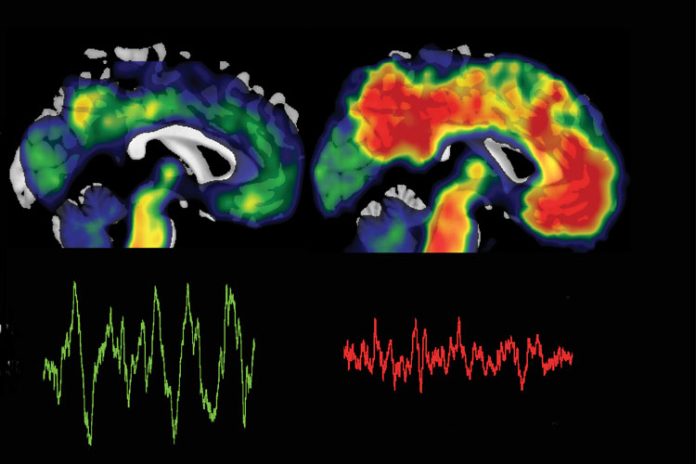In this ever-hectic world, sleep has become increasingly elusive. Many experience various types of side effects due to being deprived of sleep, such as weight gain, issues with memory, and a weakened immune system. Over time, these issues can lead to much more significant and detrimental effects on one’s health.
Most recently, a group of scientists linked sleep deprivation to Alzheimer’s Disease. In an interview with NPR, Jeffrey Iliff, a scientist at Oregon Health & Science University in Portland, stated that “changes in sleep habits may actually be setting the stage” for dementia.
Although scientists once believed that it was the disease itself that led to sleep disorders, it has been brought to light that amyloid plaques, “largely insoluble deposits of a toxic protein peptide called beta-amyloid,” develop more quickly in sleep-deprived mice.
The brain clears out these proteins and other toxins linked to Alzheimer’s during sleep. Iliff further explains that “the fluid that’s normally on the outside of the brain, cerebrospinal fluid — it’s a clean, clear fluid — it actually begins to recirculate back into and through the brain along the outsides of blood vessels.”
Iliff and his team are set to conduct a study on human subjects. They will likely utilize the world’s most powerful MRI, which is housed at the University in Portland, to strengthen the connection between sleep deprivation and Alzheimer’s Disease.








